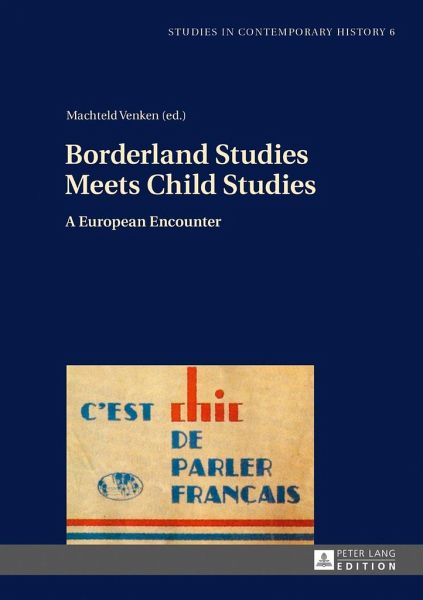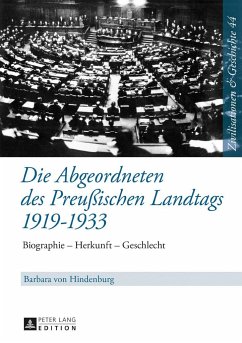
Borderland Studies Meets Child Studies
A European Encounter
Herausgegeben: Venken, Machteld;Zeichnungen: Pereplys, Karol
Versandkostenfrei!
Versandfertig in 6-10 Tagen
50,65 €
inkl. MwSt.

PAYBACK Punkte
0 °P sammeln!
This book provides a comparative analysis of the history of borderland children during the 20th century. More than their parents, children were envisioned to play a crucial role in bringing about a peaceful Europe. The contributions show the complexity of nationalisation within various spheres of borderland children's lives and display the dichotomy between nationalist policies and manifest non-national practices of borderland children. Despite the different imaginations of East and West that had influenced peace negotiators after both World Wars, moreover, borderland children in Western and C...
This book provides a comparative analysis of the history of borderland children during the 20th century. More than their parents, children were envisioned to play a crucial role in bringing about a peaceful Europe. The contributions show the complexity of nationalisation within various spheres of borderland children's lives and display the dichotomy between nationalist policies and manifest non-national practices of borderland children. Despite the different imaginations of East and West that had influenced peace negotiators after both World Wars, moreover, borderland children in Western and Central Europe invented practices that contributed to the creation of a socially cohesive Europe.














